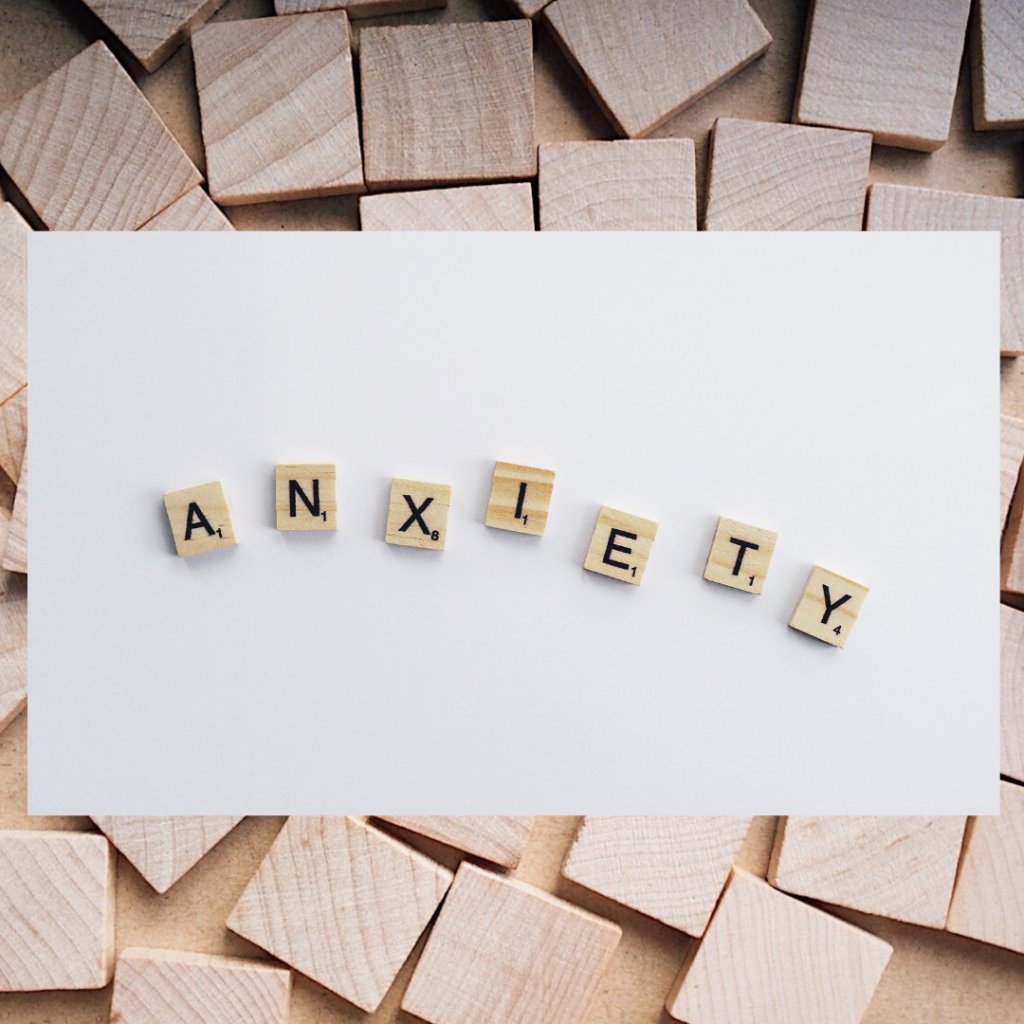This post will help you identify if you are experiencing anxiety, what are the signs and symptoms, and how it affects your overall health!

To start with, let’s define first what does anxiety stands for. So, anxiety is a feeling of worrying, being nervous, having uneasy emotions about an event or regarding an approaching event or situation. Anxiety is a normal feeling of a human being, and it’s a part of our daily life that is being felt when:
- You are facing a challenging responsibility or task at work.
- You are going somewhere or meeting someone (for example, your boss) for the first time.
- Taking a qualifying exam.
- You are making an important decision of your life that is difficult to reverse.
- You made a mistake that caused harm to someone else.
Anxiety is a normal reaction on how we deal with different situations in our lives. It is considered as our warning system which enable us to be alert to any danger or threats that might happen. It prepares our body’s response to fight or flight.
According to oxford, in psychiatry it is a kind of nervous disorder that is characterized by the feeling of uneasiness or apprehension. That are sometimes accompanied by compulsive behavior (or repetitive actions) or even panic attacks.
Anxiety becomes unhealthy and considered an illness already if it’s being accompanied by muscle tension, life disturbances (inability to perform daily tasks or work) often liken to a term physically present but mentally absent, and excessive paranoia.
What does it may cause?
It may cause a fast beating of heart rate, palpitations, and even chest pain. You may also be at risk of hypertension (high blood pressure) and coronary or heart diseases.
What are the signs and symptoms of anxiety?
Signs and symptoms of anxiety may include the following:
- Restlessness and nervousness
- Thinking of an impending danger or panicking.
- Increased vital signs: (the heart rate, pulse rate, respiratory rate, and even blood pressure aren’t in their regular mode).
- Sweating and trembling
- Fatigue or feeling tired even if you are not doing something.
- Inability to concentrate and get enough rest and sleep.
It is important to be aware of ourselves, and know when to seek a doctor already. We also have to watch our family members for those signs of too much anxiety. It will save their lives, specially nowadays that emotional detachment from the physical world is very prominent because of the rise of technology, social media, gaming streams and the overall digital world. Occasionally, we just don’t observe that they are already suffering from the inside. Most of stressed or depressed people are trying to keep it themselves. So, we must be a keen observer and serve to be their motivator if we want to keep them away from that dark world.
How can you avoid too much anxiety?
Here are some actions that you can take:
- Exercise regularly (physical exercises, deep breathing exercises, mindfulness, yoga, and meditation). Exercising can help you combat anxiety by diverting you from the situation that caused you to feel anxious. Keeping your body moving can lower muscle tension and therefore relaxes you physically and mentally.
- Eat nutritious foods and avoid foods that are too sweet or sugary. Foods that are too sugary weakens your body’s ability in responding to stress, and it has linked to be a contributor to mental problems like mood swings, depression, and anxiety.
- Be able to reduce or avoid caffeinated drinks. According to research, caffeinated drinks stimulates fight and flight responses that can trigger anxiety or worsen an anxiety.
- Spend time with family or friends physically and talk with them. They are the ones who can motivate and bring the best out in you.
- Write or do journal, it helps you lessen the feeling of inability and distress, it increases your capability and overall well-being. You can journal about your achievements and attained goals in life! These will help you increase your self-esteem and relieves stress and anxiety.
- Always choose to be happy! Smile and laugh because these are very advantageous in combating anxiety and other mood problems.
- Learn to say no, if it causes you an uneasy feeling, you will not look as bad by doing so. You are just protecting yourself by not doing an action which you believe that could bring you down or could interfere with your life situation.
- Listen to calming music or your favorite music. This can help in relaxing your mind, giving you a positive outlook in life.
- Consider getting a pet like dog.
Being aware of what is happening within ourselves is a good step in identifying possible problems that may bring our health into jeopardy. If you feel like as if you’re not in your usual self, don’t be shy to open it up to someone else. You can also join supportive groups that are battling the same concern, or visit a health counselor or seek the help of a physician.

